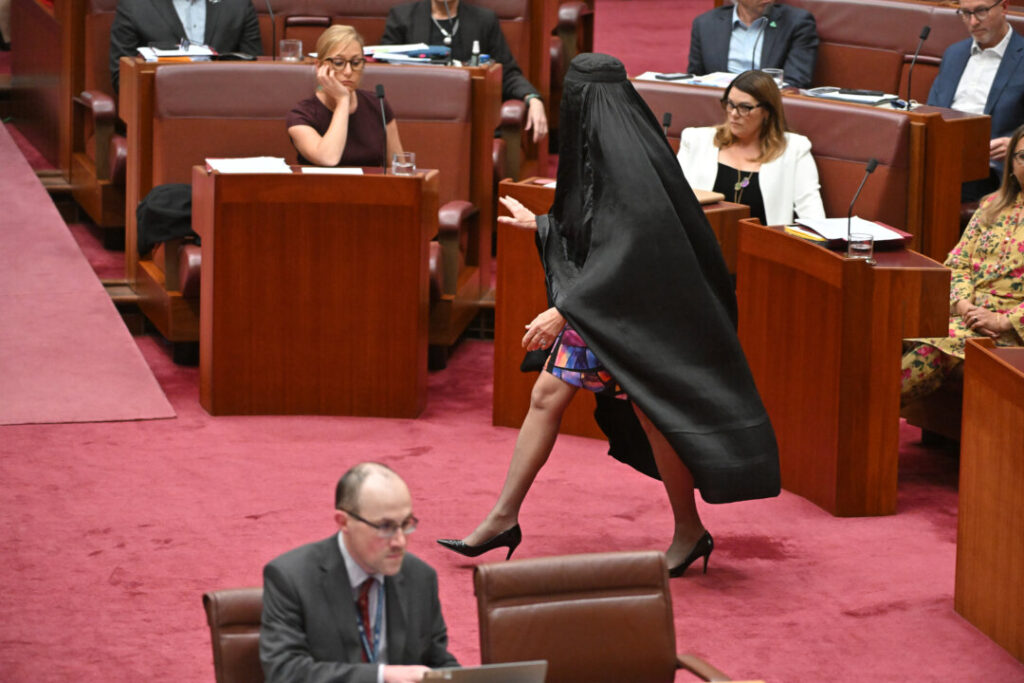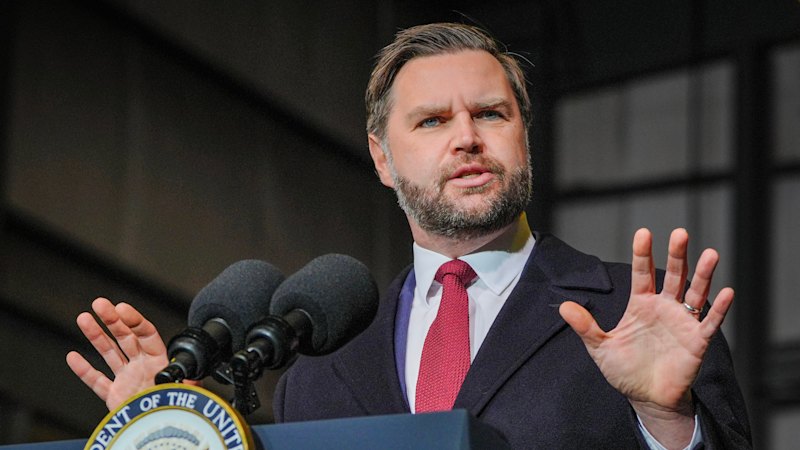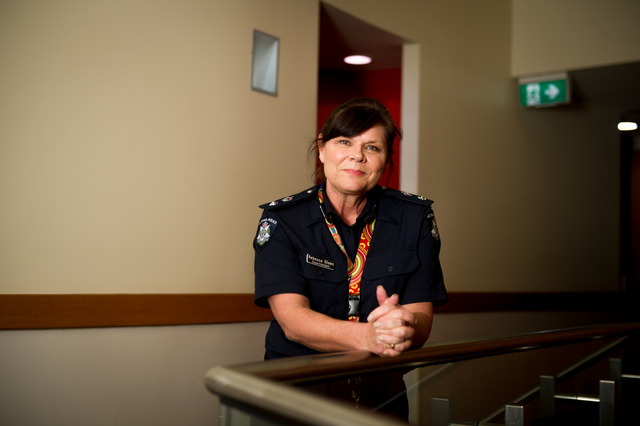
One Nation Leader Pauline Hanson wears a burqa in the Senate chamber at Parliament House in Canberra, Monday, November 24, 2025. (AAP Image/Mick Tsikas) NO ARCHIVING
Pauline Hanson, the leader of the One Nation party, has been suspended from the Australian Senate for wearing a burqa in the chamber on November 24, 2023. This controversial act caused proceedings to halt for over an hour and a half, as Hanson defied multiple requests to remove the garment or exit the chamber. The incident prompted Sue Lines, the Senate President, to take the unusual step of suspending the entire sitting, halting debates during the final week of the parliamentary year.
Hanson’s entrance into the chamber, amid ongoing discussions, drew immediate attention and surprise from her fellow senators. This was not the first time she had staged such a protest; she previously donned the burqa in 2017, which had similarly disrupted Senate proceedings. Her actions on this occasion were met with a mix of condemnation and support, reflecting the deep divisions within Australian politics regarding issues of immigration and national identity.
In response to the suspension, Hanson took to social media to criticize her colleagues, labeling them “hypocrites” for blocking her attempt to introduce a bill aimed at banning all face coverings in public places. This proposed legislation has sparked significant debate, with advocates arguing it promotes national security and cohesion, while opponents see it as discriminatory and infringing on individual freedoms.
The incident has reignited discussions about the role and responsibilities of senators in the chamber. Many observers noted that Hanson’s actions, while provocative, play into broader national conversations about multiculturalism and freedom of expression in Australia. The ongoing discourse highlights the complexities of balancing individual rights with societal norms.
As the final parliamentary week of the year unfolds, the consequences of this incident will likely resonate beyond the immediate suspension. The discussion surrounding face coverings and their implications for Australian society is expected to continue, with members of Parliament divided on the issue. Hanson’s actions serve as a reminder of the potent intersection between politics and personal expression, particularly in a rapidly changing cultural landscape.
In a statement following the suspension, Senate President Sue Lines emphasized the need for decorum and respect within the chamber. She reiterated that while all senators have the right to express their views, there are established protocols that must be adhered to in order to maintain the integrity of parliamentary proceedings.
The implications of this incident extend beyond the Senate floor, as public opinion remains divided on Hanson’s controversial stance. The ongoing discussions about face coverings and their place in Australian society will continue to be a focal point as the nation moves into the new year.






